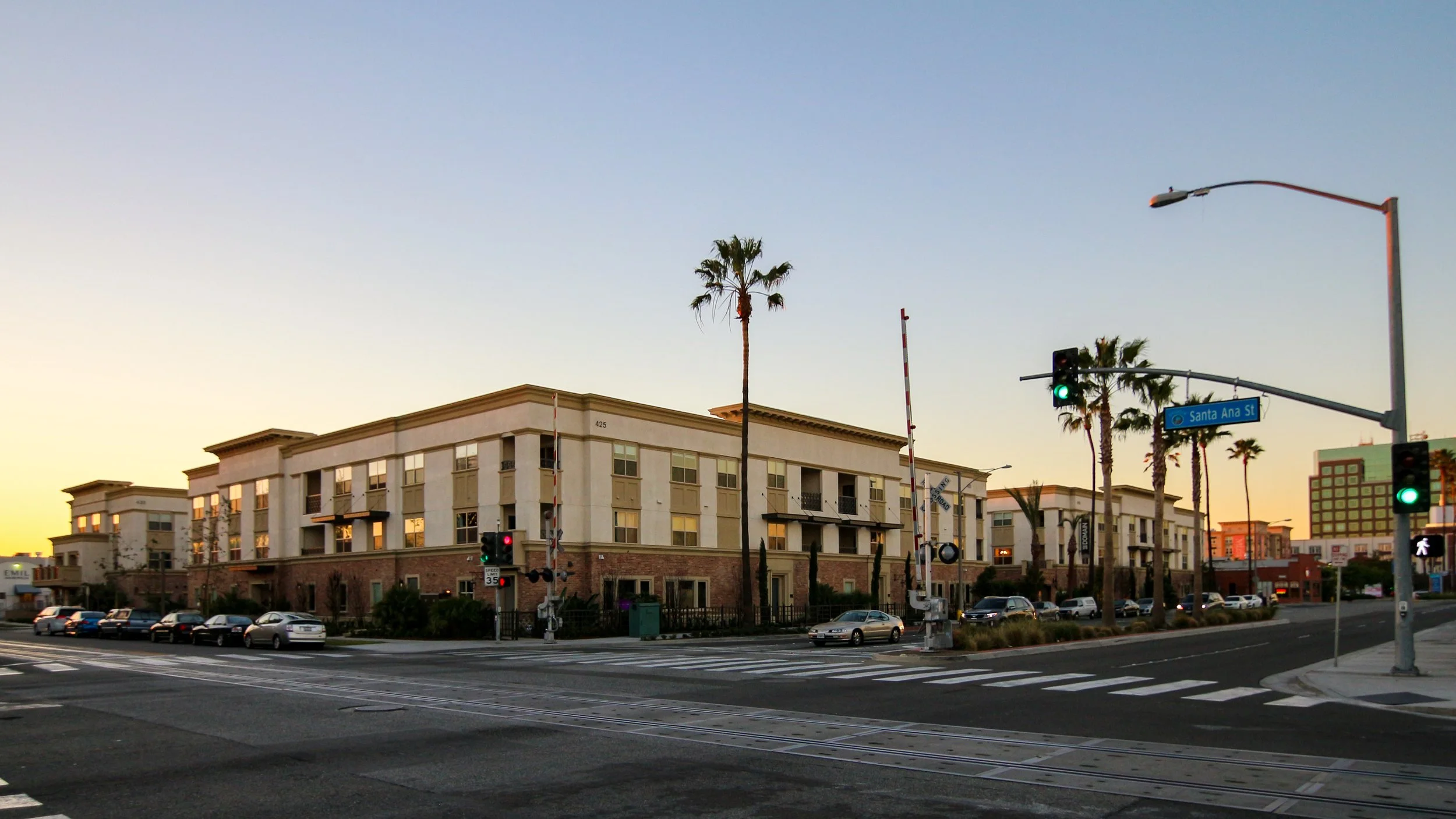Planned Cities vs. Deal-Based Cities
Cities come in two varieties, cities are either planned, or they’re deal-based. Every city has some type of plan – a general plan, a comprehensive plan, a zoning map – so it might be tempting to say that all cities are planned cities. This would be a mistake. What sets a planned city apart from a deal-based city is whether the city sticks with its plan.
A consistent flow of property owners and developers ask cities to amend, modify, and make exceptions to a city’s plan for its future. A planned city will generally reject such asks, while a deal-based city will consider each ask on a case-by-case basis. Deal-based cities do not stick with their plan over the long term, and instead look at the benefits of each development proposal on its own merits. The cumulative result of each of these deals is an incoherent city of parts that don’t work together.
Cities, like trees, take a long time to grown. A new city plan will often take decades to be realized. At the beginning of that process, it might seem like a better deal for a city to accept a development proposal even if it doesn’t fit the long-term vision of the area. However, to do so will compromise that vision and make it more likely that the desired comprehensive planning approach to the city is never realized. It becomes easier to make future deals because the overall plan has been compromised by the first deal, and the overall vision will now less likely to be realized in the long run.
Of course, one of the big problems with a deal-based approach to city planning is that it’s open to corruption and the whims of decision makers. Deals can be made based on whatever the decision makers believe is the best deal, and that isn’t always in the best interest of the city or community as a whole. Even when outright corruption is not taking place – it rarely is – a deal-based system of urban planning can have the appearance of corruption. This undermines people’s faith in the planning process and makes the public feel left out of the decision making process.
These types of deal-based plans are a symptom of a larger problem with the urban planning process. Many requests for variances from the city’s plan are because the plan does not allow for the feasible development of the city to meet current real estate demands. City plans must accommodate the market, otherwise nothing will get built or the city will need to rely upon project-by-project deals.
At the same time, acceptance of project-by-project deals by the city shows that there isn’t a real vision for the city with broad public support. A city with a vision for its future and a plan on how to get there would not be willing to accept project-based deals that compromise the vision for its future.
In order for deal-based cities to return to methods of good urban planning, they must put together a vision for the city with community input and support, and then tick with the plan by telling developers, “No,” when they ask for changes to the plan that don’t help realize the city’s vision.

